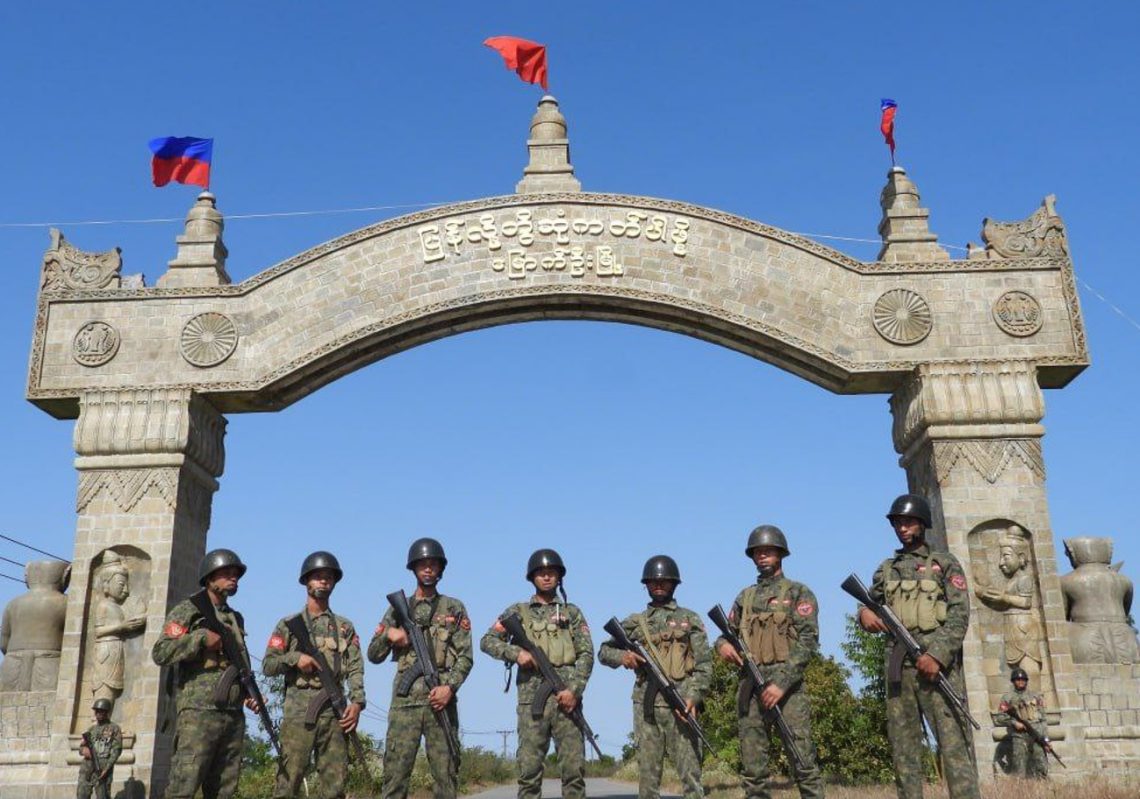The Actor-Observer Bias is a cognitive bias that involves attributing our own actions to external factors while attributing the actions of others to internal characteristics.
In other words, when we do something, we tend to attribute our behavior to situational factors or circumstances beyond our control, but when others do something, we often attribute their behavior to their personality or inherent traits.











For example, if you’re late to a meeting, you might blame it on traffic, unexpected delays, or other external factors. However, if someone else is late to the same meeting, you might attribute their tardiness to their laziness or lack of punctuality.
This bias can lead to misunderstandings and conflicts in interpersonal relationships because we may not fully appreciate the role of situational factors in shaping others’ behavior. It also tends to preserve our self-esteem by protecting us from negative judgments about our own character while potentially leading us to judge others more harshly.
Recognizing the actor-observer bias can help individuals approach interpersonal situations with more empathy and understanding, considering both the situational and personal factors that contribute to behavior.

Leave a Reply